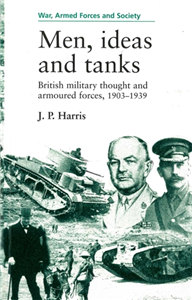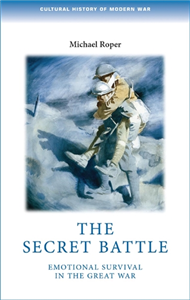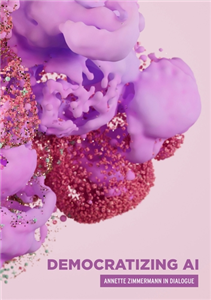Tango Sin Fin
“Método de Tango” is the first fundamental book series that teaches how to play tango music, published in English and Spanish since 2014 by Tango Sin Fin in Buenos Aires. This book series is the only collection which provides any musician, arranger, composer or ethnomusicologist from around the world a methodological and pedagogical approach to tango language, using academic terms, exercises and musical studies. Each volume is focused on one instrument: violin, bass, bandoneon, piano, flute and guitar. So far, the collection has only been published in Argentina and worldwide rights belong to Tango Sin Fin.
View Rights Portal

























